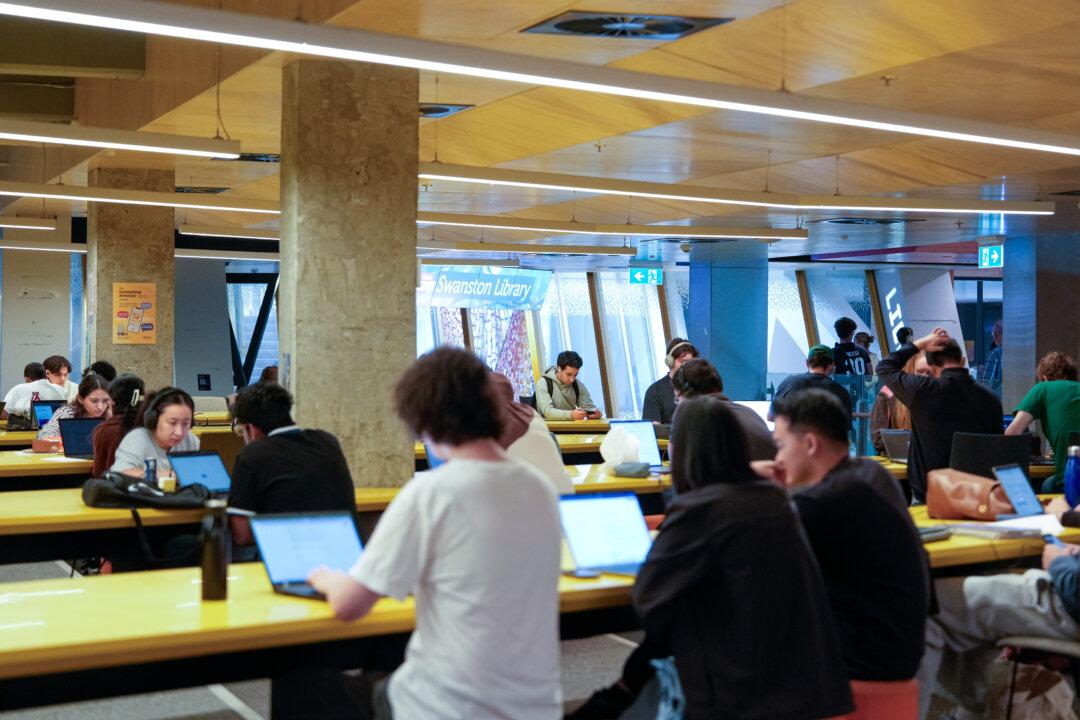A tertiary education union has revealed that the sector lost around 35,000 jobs during the COVID-19 pandemic.
At a recent parliamentary inquiry hearing, Alison Barnes, president of the National Tertiary Education Union (NTEU), warned about a “well-being crisis” in the sector, caused by the recent wave of job losses.





